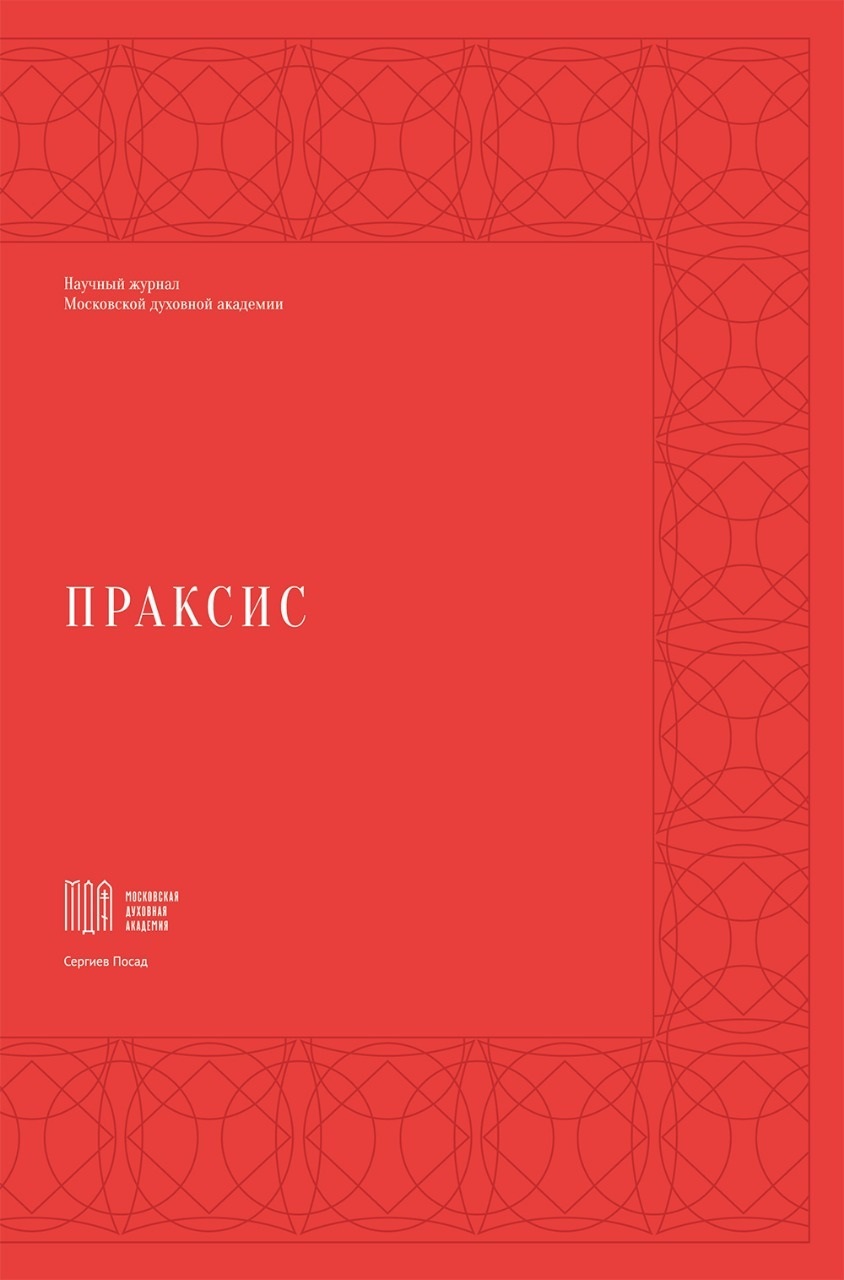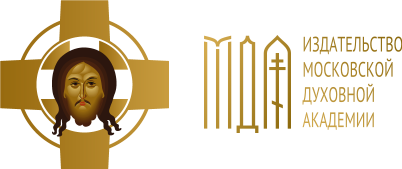The abolition of the patriarchate in Rus': a historical and canonical analysis of the Synodal reform of Peter I
DOI:
https://doi.org/10.31802/PRAXIS.2023.10.1.007Keywords:
Synodal reform, Peter I, Russian Orthodox Church, church law, canons, canon lawAbstract
For several centuries, the synodal period was assessed ambiguously in the history of Russian Orthodoxy. Until the end of the XIX century. it was impossible to openly criticize and condemn the principles of the synodal structure of the Russian Church. During this period, one can meet different opinions of Russian canonists. They tried to reconcile the existing reality with the canon law of the Orthodox Church. So, for example, Russian scientists Suvorov and Gradovsky tried to explain the legitimacy of the Synodal period. They proceeded exclusively from a legal point of view on the issue under consideration. In contrast to this approach, A. V. Kartashev took a different position. He believed that the Synodal system was necessary for the Russian Church in this historical period. This article is devoted to the canonical analysis of the synodal form of government. In particular, it examines the process of reform and abolition of the patriarchate. A canonical assessment of this process is given, as well as the opinions of various canonists on the above problem, whose ecclesiastical legal doctrine is also a source of ecclesiastical law.
Downloads
References
Карамзин Н. М. Записка «О Древней и Новой России в ее политическом и гражданском отношениях». М.: Наука, 1991.
Правила православной церкви с толкованиями Никодима епископа Далматинско-Истрийского. Т. 1. М.: Изд. Отчий дом, 2001.
Указ № 3718 // Полное собрание законов Российской империи с 1649 г. Т. 6. СПб.: Тим. 2-го Отд. Собств. Е. И. В. канцелярии, 1830. С. 314–346.
Верховской П. В. Учреждение духовной коллегии и Духовный регламент. Т. 2. Ростов-на-Дону, 1916.
Иоанн (Снычев), митр. Русская симфония. СПб.: Царское дело, 2002.
Смолич И. К. История Русской Церкви. 1700–1917. Ч. 1. М.: Изд. Спасо-Преображенского Валаамского монастыря, 1996.
Цыпин В., прот. История Русской Православной Церкви. Синодальный и новейший периоды. 1700–2005. М.: Изд. Сретенского монастыря, 2007.
Цыпин В., прот. Каноническое право. М.: Изд. Сретенского монастыря, 2009.
Кардаш А. Н. Реакция народа на церковную реформу Петра I // Вестник Ленинградского государственного университета им. А. С. Пушкина. 2010. № 4 (4). С. 108–116.
Сухова Н. Ю. Вопреки стеснительному режиму со времени Петра великого наша Церковь все-таки расцвела: Синодальный период Православной Российской Церкви в оценках А. В. Карташева // Вестник Екатеринбургской духовной семинарии. 2019. № 3 (27). С. 66–82.
Шульгин B. C. Религия и церковь // Очерки русской культуры XVIII века. М.: Изд. Московского университета, 1987.
Downloads
Published
How to Cite
Issue
Section
Categories
License

This work is licensed under a Creative Commons Attribution-ShareAlike 4.0 International License.







